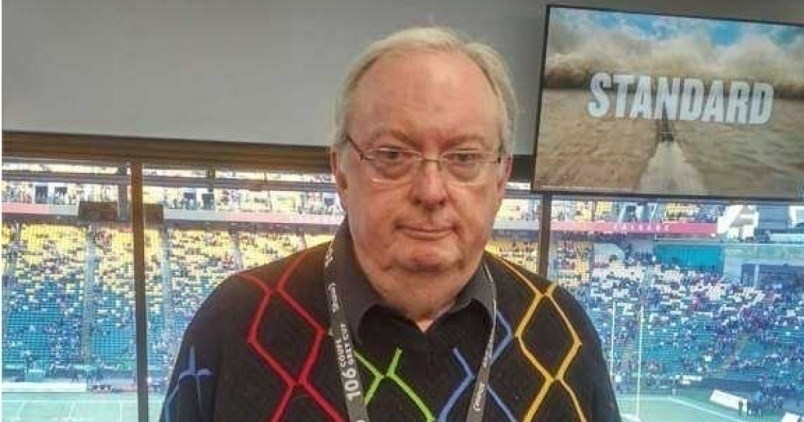The Saskatchewan Roughriders were determined not to leave the Toronto Argonauts game on Aug. 22 in the hands of the referees and Command Centre at the end of the game.
They succeeded but it did not go any better with the game in their hands as the Argo won 20-19.
After the Argos game tying field goal the Riders got the ball back at the eight yard line with 55 seconds to go in the game. The penalty on the kickoff cost them badly on field position.
I understand the Riders trying to pass on the first down. There was time to march for a field goal with efficient use of the clock. When protection broke down Trevor Harris had the presence of mind to go down at the 1 rather than be sacked in the end zone for a safety.
There were 50 seconds to go when the play on the second down was signalled in by Andre Proulx.
Harris rightly ran down the clock and had the ball snapped with a second to go and completed a pass that would have been a first down.
However, Riders head coach Corey Mace had called a timeout with 31 seconds to go which negated the completion. He wanted to be sure they did not take a time count penalty.
I thought he had cleverly called the timeout so they could run out the clock.
What I struggle with is what happened next. The clock would not start for the second down until the snap. I expected the Riders to call a running play that would take about five seconds.
That would leave 26 seconds on the clock. With 20 seconds on the time clock they could have snapped the ball with seven seconds to go in the game. The Argos could not stop the clock having used their timeout. The snap and getting the kick off take an average of just over two seconds. The average hang time for a pro punt is 4.5 seconds. The clock would run out and the game would go to overtime.
If the Riders did not get the punt off within 20 seconds and had taken a time count penalty on the third down in the above scenario the clock would have stopped with 6 seconds to go in the game. Already at the 1 yard line the usual 10 yard penalty could not have moved them back.
Under the rules there is a note:
If in the opinion of the Referee, Team A is taking a deliberate third down time count penalty, the Referee may order Team A to put the ball in play legally within 20 seconds or forfeit possession to Team B.
The Riders would still have had a chance to punt to run out the clock.
Instead, the Riders called a pass play trying to get 17 yards for a first down. While Sam Emilus made a valiant try he could not hold the ball and the clock stopped at 25 seconds to go and did not start because of the incompletion until the ball was snapped.
When the Riders did punt with 25 seconds to go in the game the snap, kick and return took nine seconds and the Argos had time for two plays.
I consider the pass on the second down a lower percentage play because of the distance needed and the risk of an incompletion stopping the clock.
I asked Corey Mace why they had not run out the clock as I set out above instead of risking the pass. He initially misunderstood as he thought I was saying they would have kicked with 12 seconds to go and the Argos would have time for the field goal.
I went through my reasoning of kicking with 6-7 seconds to go but he still thought the Argos would get the ball back with time to attempt a field goal.
He thought the Argos were always going to have time for a field goal attempt and the Riders needed to go for the first down.
I understand it is chaotic in the last minute of a game. Glen Suitor seemed surprised the Riders did not run down the clock before punting. He appeared to lose track that the clock would not start after an incompletion until the snap.
I maintain that had the Riders run the ball on the second down and then milked the clock on the punt the game would have gone to overtime.



